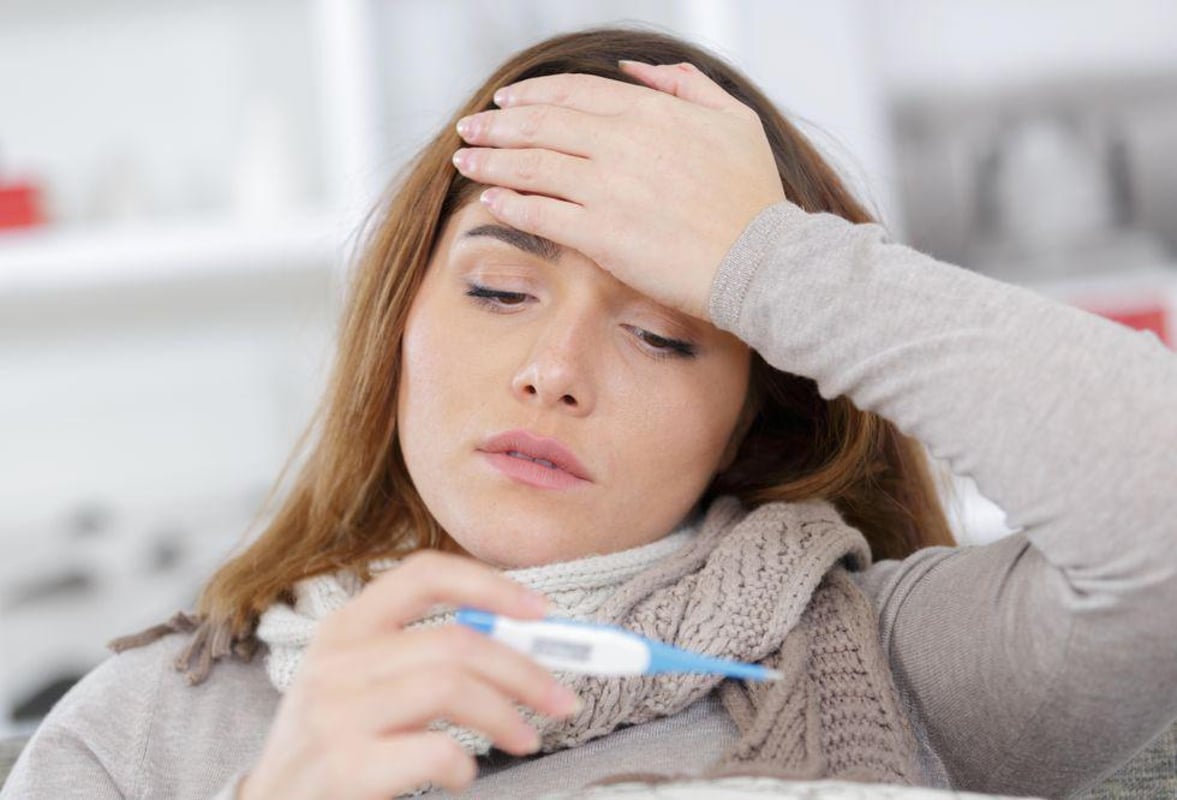Had COVID or Gotten Vaccine? Hospitalization Is ‘Extremely Uncommon’

MONDAY, March 28, 2022 (HealthDay News) -- Been vaccinated? Already had COVID? New research shows that your chances of winding up in the hospital if you get a breakthrough infection are practically nil.
In the study, scientists looked at more than 106,000 hospitalized primary care patients, aged 18 and older, at the Mayo Clinic in Rochester, Minn., who had tested positive for COVID-19 and/or were vaccinated against the disease.
Of those patients, only 69 were hospitalized because of a breakthrough COVID infection.
Hospitalization rates for COVID-19 were: six in 10,000 for vaccinated patients; three in 10,000 for previously infected but unvaccinated people; and one in 10,000 for vaccinated people who had previously been infected.
The differences between the groups was not statistically significant, according to the authors of the study published recently in the journal Clinical Infectious Diseases.
"In the general primary care patient population, those who have been vaccinated have very low risk of subsequent hospitalization for breakthrough COVID-19," said lead author Benjamin Pollock, a researcher in the Mayo Clinic's Robert D. and Patricia E. Kern Center for the Science of Health Care Delivery.
"Our study shows that while it can and does happen, that these occurrences are extremely uncommon," Pollock added in a clinic news release.
"We found these results to be in line with previous studies, although the interpretation shouldn't necessarily be that natural immunity provides the same protection as vaccination," Pollock noted. "Rather, this study found that among our primary care population, both natural immunity and vaccine immunity appeared to lead to very low rates of breakthrough hospitalizations."
The study did not compare immunity after infection and vaccination among people with mild or asymptomatic breakthrough cases that did not require hospitalization.
Study co-author Dr. Aaron Tande said, "We know that vaccination remains the safest route to protection from COVID-19 infection and severe disease." Tande is a Mayo Clinic infectious diseases physician.
"I explain to my patients that a COVID-19 vaccine provides additional protection, even if they have been previously infected. For those who have not been infected, vaccination remains the safest and most reliable route of protection," he said.
"Because it's impossible to tell in advance how severe a first infection may be, or who among vulnerable populations the virus may spread to, waiting for natural immunity is a gamble and not a safe alternative," Tande cautioned.
More information
For more on COVID-19 vaccines, go to the U.S. Centers for Disease Control and Prevention.
SOURCE: Mayo Clinic, news release, March 22, 2022
Related Posts
CKD Linked to Greater Neuromuscular Fatigability
MONDAY, Dec. 19, 2022 (HealthDay News) -- Chronic kidney disease (CKD) is...
No Increase Seen in OD Deaths Involving Buprenorphine During COVID-19
MONDAY, Jan. 23, 2023 (HealthDay News) -- The proportion of overdose deaths...
Health Highlights: Oct. 12, 2021
Six in 10 Americans will skip or delay a flu shot this year. Experts are...
53.8 Percent of Younger Adults Report at Least One Chronic Condition
THURSDAY, July 28, 2022 (HealthDay News) -- More than half of young adults...
